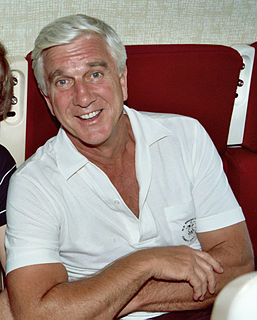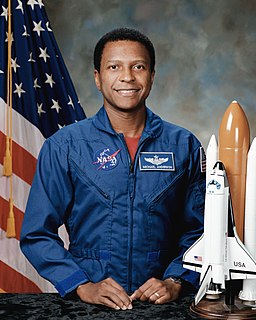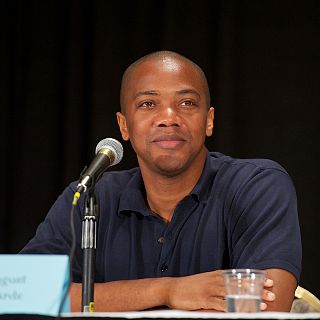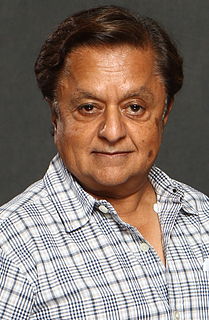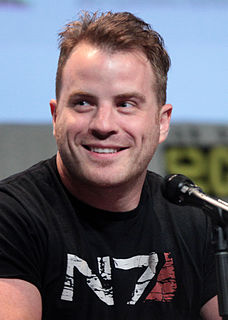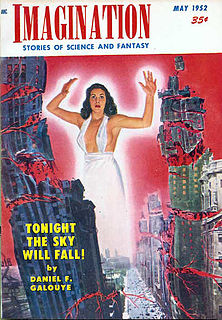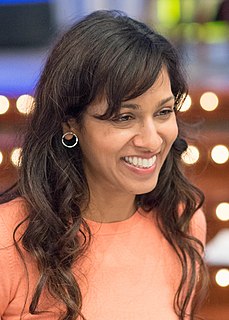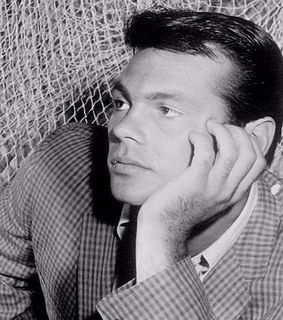A Quote by Leslie Nielsen
I have always loved science fiction. One of my favorite shows is 'Star Trek.' I like the trips, where it drops my mind off, because they give you a premise and all of a sudden, you say, 'Oh!' and I'm fascinated by it.
Related Quotes
Most of what I do is science fiction. Some of the things I do are fantasy. I don't like the labels, they're marketing tools, and I certainly don't worry about them when I'm writing. They are also inhibiting factors; you wind up not getting read by certain people, or not getting sold to certain people because they think they know what you write. You say science fiction and everybody thinks Star Wars or Star Trek.
